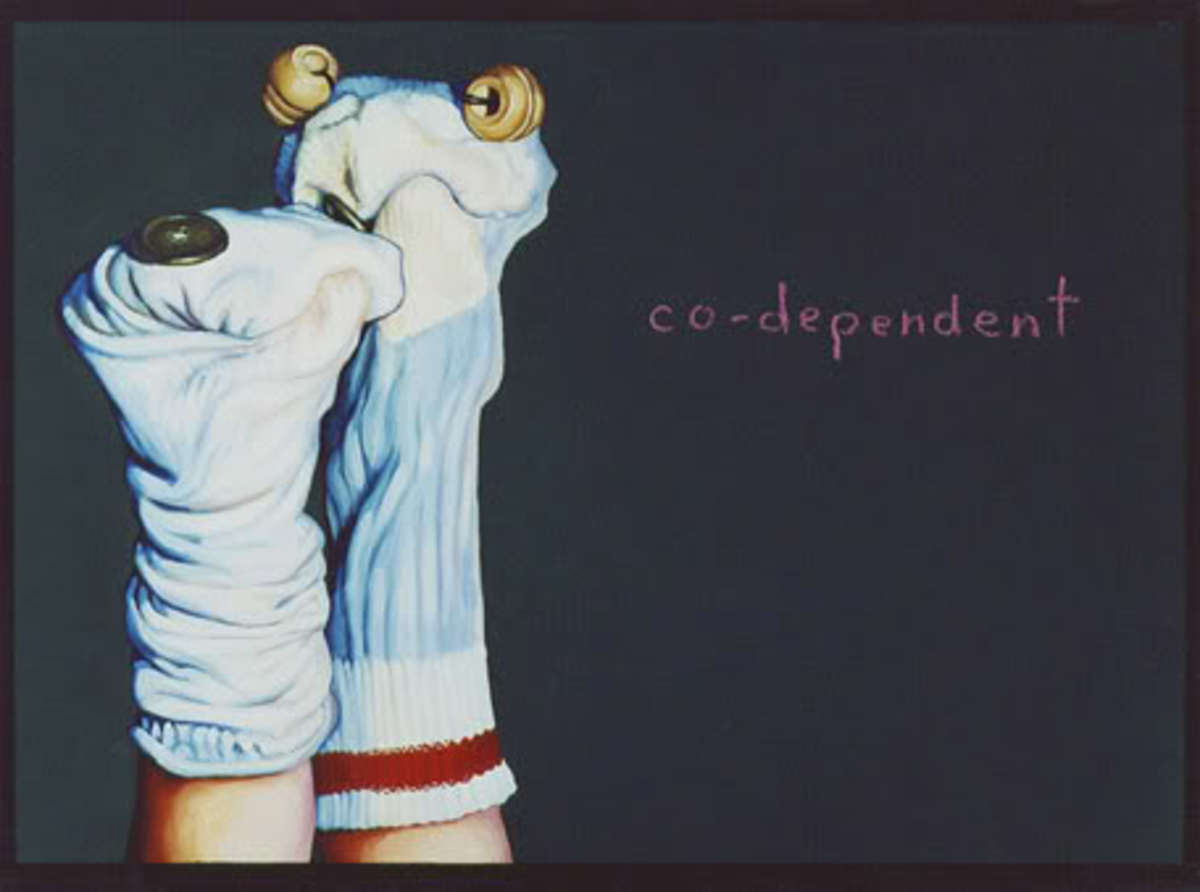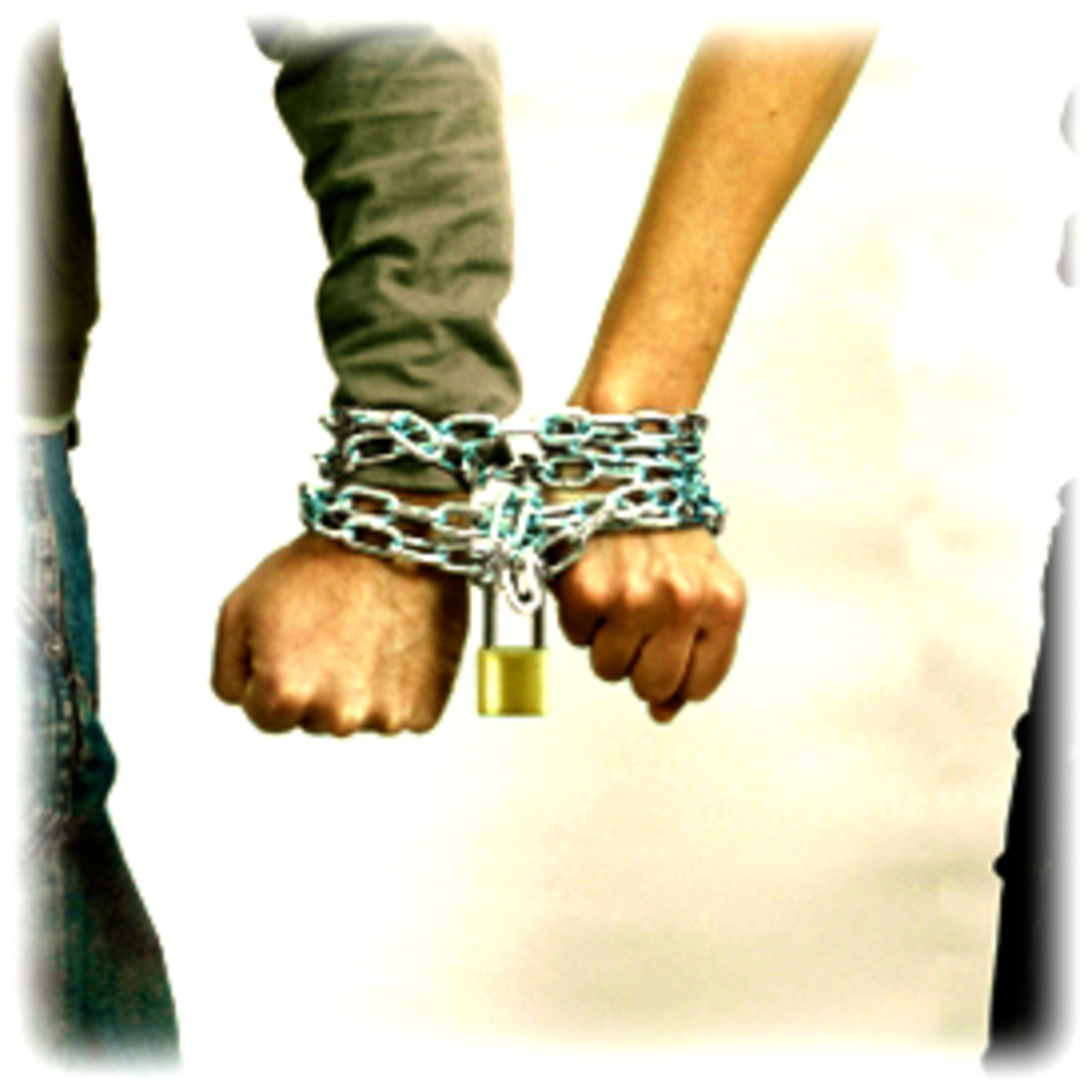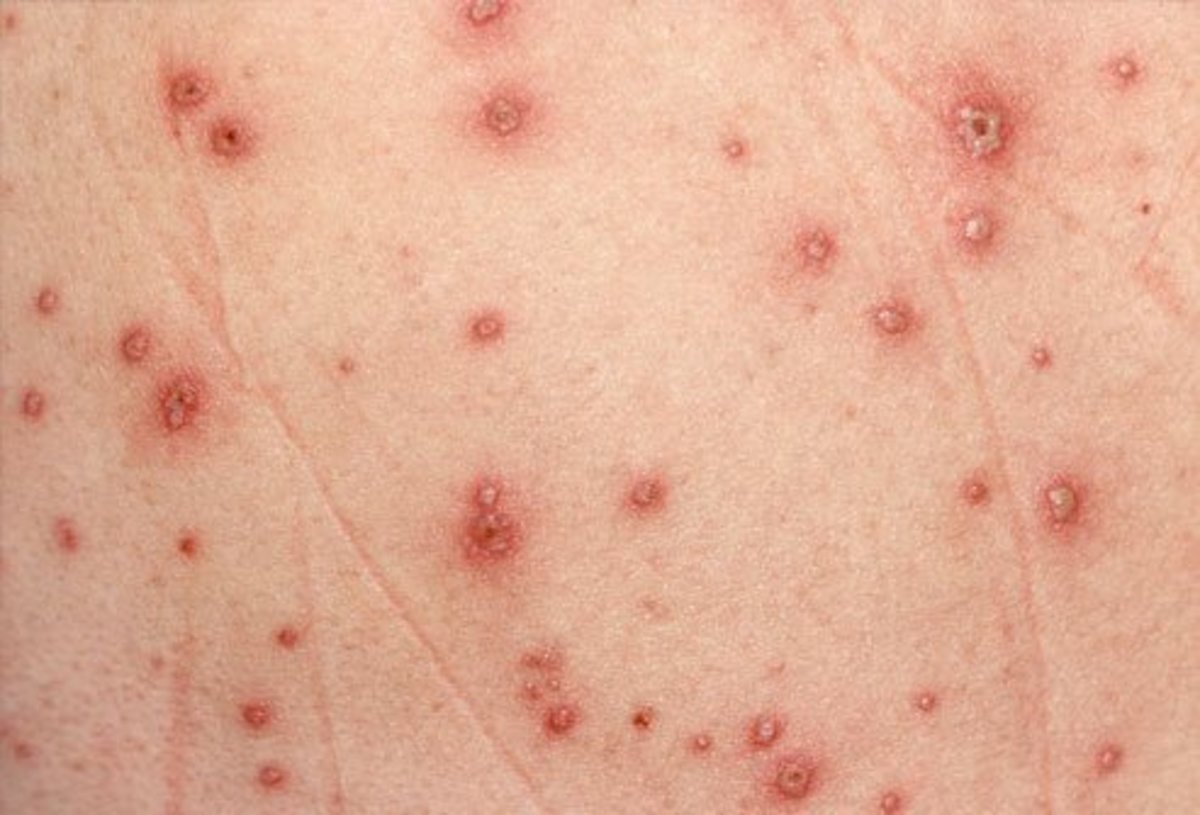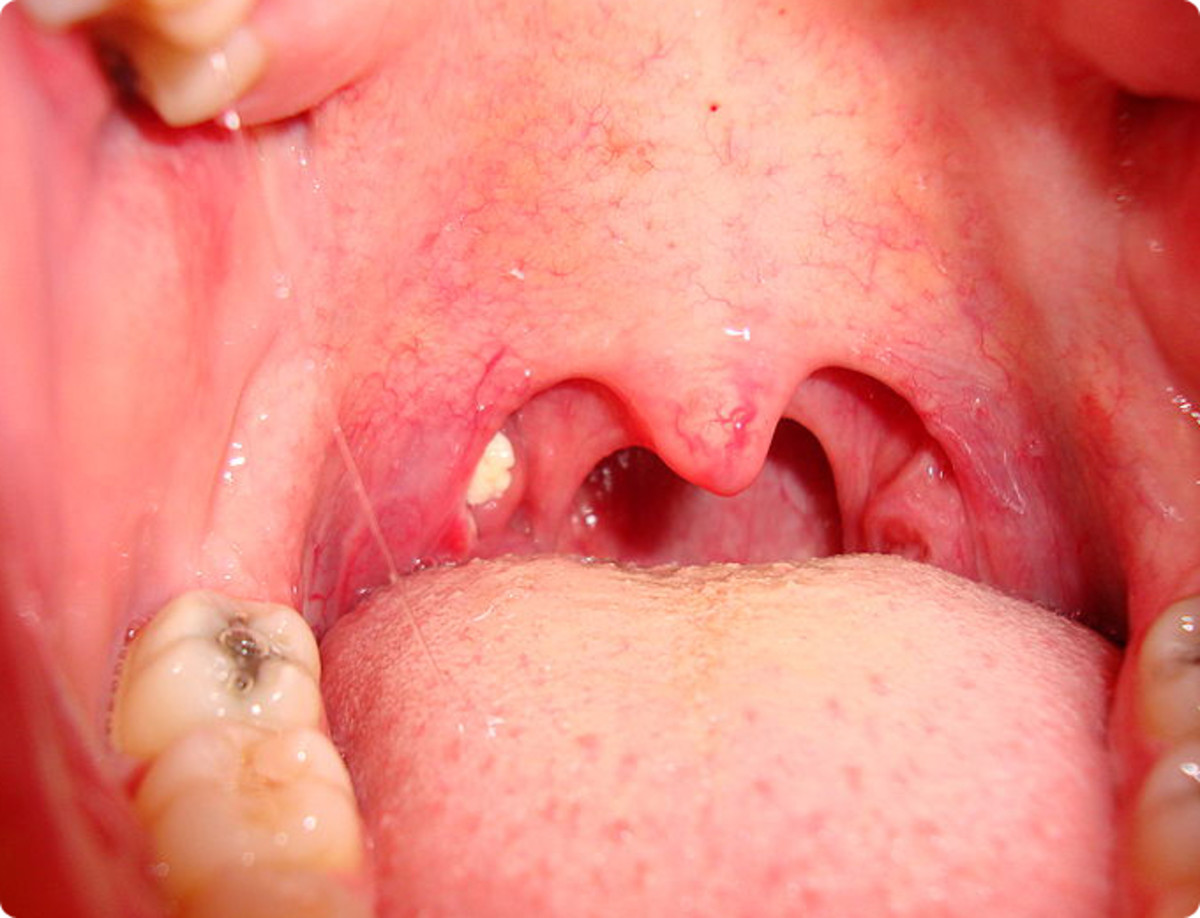How to Exit a Codependent Relationship
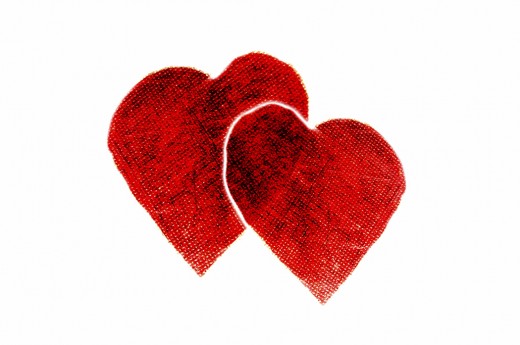
One of the most difficult things for codependent people to do is to extricate themselves from toxic relationships. Codependents don’t want to leave relationships because they think they can “fix” the problem by working harder, talking more, or “helping” the other person solve the “problem” (usually addiction, but sometimes refusal to treat physical or mental illness) that they believe is making the partnership unhealthy. Here’s how to begin this difficult process and put yourself back on the road to emotional health.
Realize that if your significant other is satisfied with the status quo and refuses to address the issue, you’re the one with the problem, whether she or he is an alcoholic, drug addict, or suffers from untreated schizophrenia, because you’re the one who is dissatisfied and wants the relationship to be different. The sooner you accept this, the closer you’ll be to extricating yourself from the situation. Stop trying to get your significant other into treatment and start working on yourself.
While still in the toxic relationship, start building your own life. Codependent people are so preoccupied with their significant others’ “problems” that they neglect their own existences. Reconnect with friends and family members who support you as an individual (if one or more of these individuals isn’t a compassionate person with a positive attitude, stay a safe distance away; this is about taking care of you). If you’ve been ignoring them while you focused on your partner, you may need to apologize and make amends. Be honest about your circumstances; they don’t have to forgive you, but many people will.
Make a list of activities you enjoy and start participating in them regularly. Perhaps you used to paint; you can take an art class. If you love the water, try to walk on a beach or around a lake once a week or more. If you were playing in a bowling league when you met your significant other but abandoned it so you could “take care” of her or him, join again.
The point here is to reconnect with the people and activities that are outgrowths of who you are as a person. Often, codependent people are so out of touch with themselves that they have trouble even making a list of activities they enjoy, but don’t give up. Just do one thing at a time.
When you are feeling a little more “yourself,” it’s time to start dealing with your codependent issues. One way to do this is through counseling sessions with a psychologist or social worker. Look for someone who specializes in codependency. If you can’t afford therapy or you refuse to go, attend Codependents Anonymous or Al-Anon (for family members of alcoholics) meetings. (If there aren’t any Codependents Anonymous meetings in your area, you can attend most Al-Anon meetings even if your significant other isn’t an alcoholic; just look for an “open” meeting.)
Supplement your therapy and/or meetings with plenty of codependence literature. Try a variety of authors to find one or two with whom you truly connect. Try to read a little about codependency every day, but don’t overwhelm yourself. Accepting that one is codependent is an extremely difficult process. Give yourself time and don’t judge yourself; self-improvement is very worthwhile, but it is a long journey.
By now, your significant other will have noticed that you are changing in many ways. You aren’t nagging her or him to enter treatment and you are spending time with friends and family. You’re having fun again and you are becoming emotionally healthy. At this point, your partner will feel threatened and will exert some pressure on you to give up your new life and go back to the way things were in your relationship. She or he may act out in different ways: by promising to change or threatening to end the relationship, by refusing to accompany you on outings but expressing feelings of abandonment when you leave, by insisting that your reading or therapy isn’t working or that it has made you “worse” in some way, or with some combination of these methods.
This is a very difficult time for a codependent person, and many codependent people stop the growth process and reenter the relationship at this time. You may want to give the relationship “one more chance” because your partner seems to be doing “better,” the financial and emotional costs of ending the partnership seem too high, or you’re afraid of being alone. If you decide to stay, that’s your choice, though in all probability you will be returning to exactly the same situation from which you were just trying to escape.
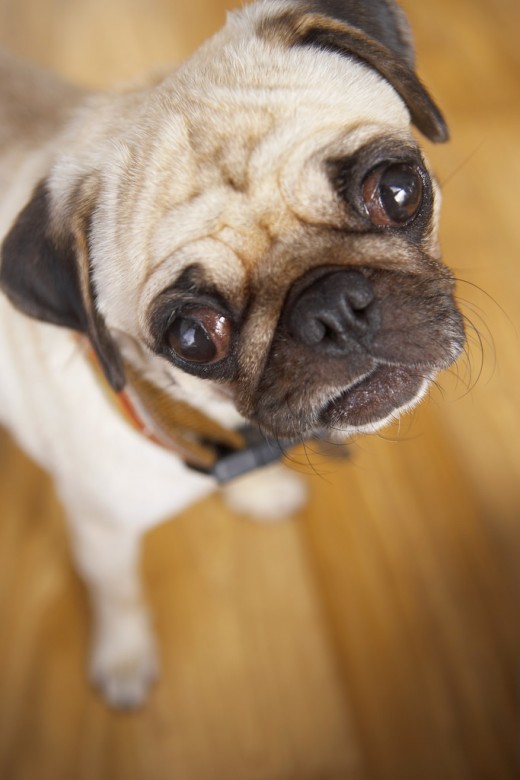
The next step is to physically leave the relationship. If you and your partner are cohabiting, you’ll need another place to live. This could be your own apartment or house or staying with friends or family, but it’s important that it be a relatively comfortable long-term solution. If you end up sleeping on someone’s futon with their snoring pug for two weeks, after which you move to another friend’s trailer in a town that is a 90-minute drive from your place of employment, after which you have no plans, you are much more likely to return to your codependent relationship. Remember that unless you have completely cut off contact from your ex, she or he will probably call, write, or visit to ask you to come you back; you were keeping this person’s life together while she or he refused to take responsibility for an addiction or illness.
When you have your own place, even if it is a tiny studio apartment, be sure to decorate it and make it your own. Consignment stores, thrift stores, dollar stores, and garage sales are good places to pick up gently-used furnishings and accessories on a budget. Your family and friends may be able to offer hand-me-down linens and dishes. Display your favorite books and mementos. If your apartment or house looks like “you” and feels like home, you’ll be much more comfortable there.
Don’t
discontinue therapy, meetings, or your reading program now that you’re on your
own. Your continued recovery is more
important than ever, both to reduce the risk of backsliding and to lower the
chances that you will choose to participate in other codependent
relationships. Recovery from
codependency is a lifelong process, but the more you work on yourself and
maintain a high level of awareness about your issues, the quicker you will be
able to recognize and eliminate toxic relationships from your life, and the
happier and healthier you’ll be.


